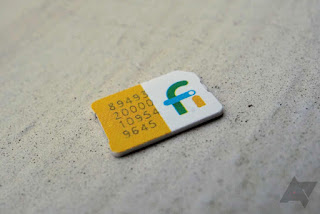Facebook Global Head of Safety Antigone Davis has clarified some things about how Facebook’s test pilot to combat revenge porn in Australia works.
The strategy entails uploading your nude photos or videos to Messenger in order to help Facebook tag it as non-consensual explicit media.
“With this new small pilot, we want to test an emergency option for people to provide a photo proactively to Facebook, so it never gets shared in the first place,” Davis wrote. “This program is completely voluntary. It’s a protective measure that can help prevent a much worse scenario where an image is shared more widely.”
Facebook is doing this in partnership with Australian government agency eSafety in order to try to prevent people from sharing intimate images without consent. If someone fears they are at risk of revenge porn, they can contact eSafety.
The organization might then tell them to send a nude photo of themselves to themselves via Messenger. Facebook’s hashing system would then be able to recognize those images in the future without needing to store them on its servers.
In her post, Davis clarifies that eSafety does not have access to the actual image. However, a “specially trained representative from [Facebook’s] Community Operations team” does need to first review the image before hashing it. Once the image has been hashed, Facebook notifies the person who submitted the photo and asks them to delete the photo from Messenger. At that point, Facebook will delete the image from its servers.
Facebook Chief Security Officer Alex Stamos says that while there are some risks involved with people self-reporting their photos, “it’s a risk we are trying to balance against the serious, real-world harm that occurs every day when people (mostly women) can’t stop NCII from being posted,” he wrote on Twitter.
NCII is short for non-consensual intimate imagery. Stamos went on to say that Facebook takes steps to protect the data and only retains non-reversible hashes.
Some critics, however, suggest a better method would be one that doesn’t require uploading the image in the first place. One suggestion is to hash the image locally and then upload the hash to determine a match. It’s also not clear if this is age-gated to prevent minors from sending their photos.
















No comments:
Post a Comment